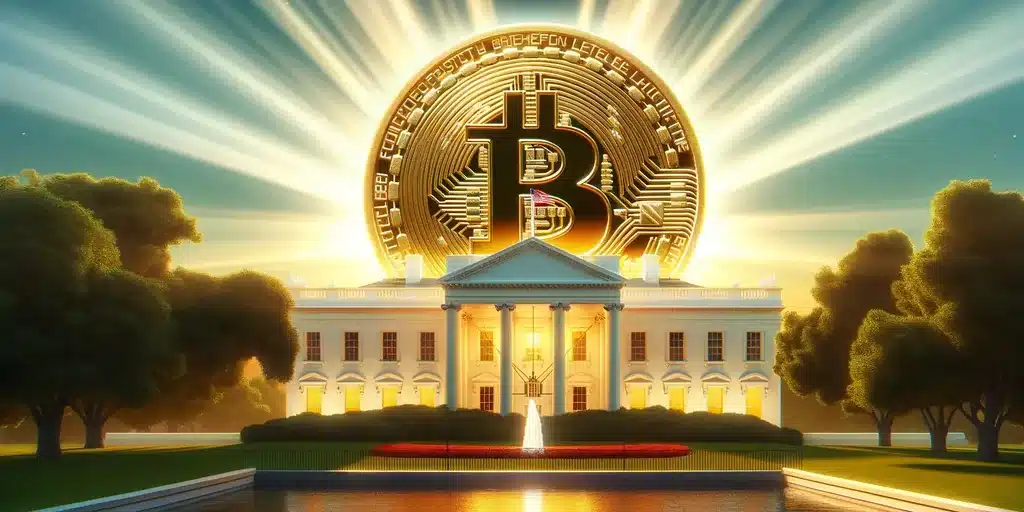Unpacking the Surprising Findings on bitcoin Ownership and Political Views
It turns out, the vast realm of bitcoin isn’t as politically charged as one might think. Recent survey results are in, and they’re tearing down assumptions left, right, and center—quite literally. Imagine thinking you’ve got the whole picture, only to find out the frame is much broader. That’s exactly what happened when two astute professors decided to dive deep into the demographics of bitcoin ownership in the United States.
Expectations Versus Reality
Professors Andrew Perkins from Washington State University and Troy Cross from Reed College embarked on a research journey, thinking they’d map bitcoin ownership directly onto the political spectrum. But reality had a different plan. “What we found was definitely our most shocking result,” Cross shared, debunking the expected skew towards political conservatism or libertarianism. It turns out, the allure of bitcoin transcends political ideologies, settling in as a universal interest across the board.
The Study in Detail
Their study, which surveyed 3,538 individuals, came with findings that could make anyone do a double take. Contrary to the popular narrative, there’s no significant link between one’s political stance and their likelihood of owning bitcoin. Yes, you heard that right. Whether someone is a Democrat, Republican, or somewhere in between, doesn’t heavily influence their decision to invest in or use bitcoin. “bitcoin ownership is not meaningfully related to political orientation,” the researchers pointed out, highlighting that bitcoin enthusiasts are more likely to be found across the entire political spectrum.
Who Really Owns bitcoin?
So, if political ideology isn’t the golden ticket to understanding bitcoin ownership, what is? Well, it seems that age and gender might give us some clues. The study unveiled that bitcoin owners tend to be younger and predominantly male, mirroring a demographic slice that’s particularly fascinating. But it’s not just about who they are on the surface. When diving into the moral foundations of bitcoin owners, an intriguing profile emerges. These individuals prize cultural liberty and equality, share conservative views on purity, loyalty, and proportionality, and align with liberals when it comes to caring. It’s a unique moral blend that sets them apart.
A Look at Politics and Ownership
When zooming in on political leanings, the numbers do get interesting, but not in the way you might expect. Very liberal respondents were noted to be the most likely to own bitcoin, with very conservative respondents trailing close behind. But here’s the kicker—the differences weren’t significant enough to declare a clear political trend. It reinforces the idea that bitcoin has created its own unique community, not confined to traditional political boundaries.
The Core Drivers Behind bitcoin Ownership
So, if not politics, then what? The research suggests that knowledge about bitcoin, belief in its utility, trust in the protocol and asset, and a perception of bitcoin‘s morality are the real MVPs. These factors tower over political affiliation, painting a picture of a community united by a shared belief in technology and its potential.
Conclusion: Beyond Political Color
In summation, the narrative that once painted bitcoin ownership in starkly political hues needs a new palette. This study breaks ground by revealing that at the heart of bitcoin, there’s a cross-political appeal driven by technology, trust, and a quest for innovation. It underscores an essential truth: in the world of bitcoin, curiosity, belief, and understanding transcend political divisions, bringing people together under the banner of futuristic finance. So, next time you think about bitcoin, remember—it’s not about red or blue; it’s about blockchain and the boundless opportunities it presents.
Embracing this comprehensive view, we can move towards a more inclusive understanding of bitcoin and its community. It’s a reminder that sometimes, the most revolutionary ideas are those that unite us in unexpected ways.
